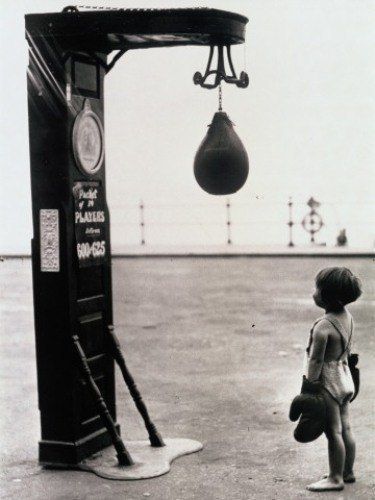
You can’t ever completely banish doubts from your mental universe. They’ll always be there, lying dormant, often surfacing to warn you to be cautious and frequently cutting the fuse to your impulses. However, a problem arises when your fears weigh excessively on you. Then, the confidence you have in yourself vanishes.Living with an excess of self-doubt saps your potential and renders you, the brilliant person you are, incompetent. An investigation conducted by Dr. Matthew Braslow claims that this subject has been neglected by the scientific field for a long time. He suggests that understanding the roots of our doubts would allow us to improve our abilities to achieve, and even improve our feelings of well-being.
Self-Doubt Is Prevalent
Self-doubt is often referred to as the lack of self-confidence or trust in one’s abilities or self. It is implicit if not explicit in research on self-esteem, self-efficacy, trust, and the impostor syndrome. If we move from self-doubt as simply an experience to self-doubt as a process, we begin to understand how it works, how it can justify our behaviours and perceptions, and more importantly can hide the creative adjustments made through abductive logic, often triggered by cognitive dissonance. However, because Western culture views self-doubt as a sign of weakness and potentially to be shamed for, it tends to be dealt with unconsciously. It seems that self-doubt is prevalent, yet the cultural message that it is not okay leads individuals to repress or deny their sense of self-doubt rather than accepting it as normal human experience that can be consciously examined to one’s benefit. This creates a double bind. On the one hand, self-doubt is normal and on the other hand, it is shameful to acknowledge that it exists.
Cognitive Dissonance
Understanding how self-doubt is managed can provide insights. One method to garner insights is to apply self-doubt to cognitive dissonance. Sixty years ago, social psychologist Leon Festinger developed the cognitive dissonance theory. According to the theory, we all recognize, at some level, when we are acting in a way that is inconsistent with our beliefs/attitudes/opinions. In effect, there is a built-in alarm that goes off when we notice such an inconsistency. For example, if you have a belief that it is wrong to reduce your commitment to the study goal you have but you still prefer to do something which gives you a rush of dopamine like watching movies or Netflix when you must study you will notice and be affected by this inconsistency.
Self-Doubt in Action: Thoughts, Feelings, and Behaviours
People who experience chronic self- doubt will develop some strategy to deal with that state. Some of those mechanisms may look like-
Self- handicapping - Self-handicapping is a good example of a class of self-protective actions. Self-handicapping is an insurance policy. A defensive strategy that helps us blur the reasons for our mistakes or failures. Using drugs, alcohol, and procrastination are examples of self-handicaps that enable us to blame our struggles on something other than our incompetence. Unfortunately, this strategy often leads to worsening self-doubt.
Overachievement- Overachievement is a strategy that helps prevent mistakes and failures. If we are self-doubting, we might not believe that our regular efforts or competence alone will be enough to succeed. So, we put in a tremendous amount of effort. Unfortunately, we still might struggle with self-doubt because we have no way of knowing whether the extra effort or our competence made us successful.
Both self-handicapping and overachievement allow self-doubting individuals to maintain an image of competence. When self- doubting individuals are focussed on the idea that competence is judged according to ability level they stick to self-handicapping as a strategy while when they judge their competence based on the outcome, they can produce they use overachieving as a defensive strategy to deal with their self-doubts.
Feeling of self-doubt have two very different patterns where effort withdrawal is linked to self-handicapping and excessive effort expenditure is related to overachievement.
Breaking the cycle -
Hope this model helps you in clearing out the loop of Self- Doubts

